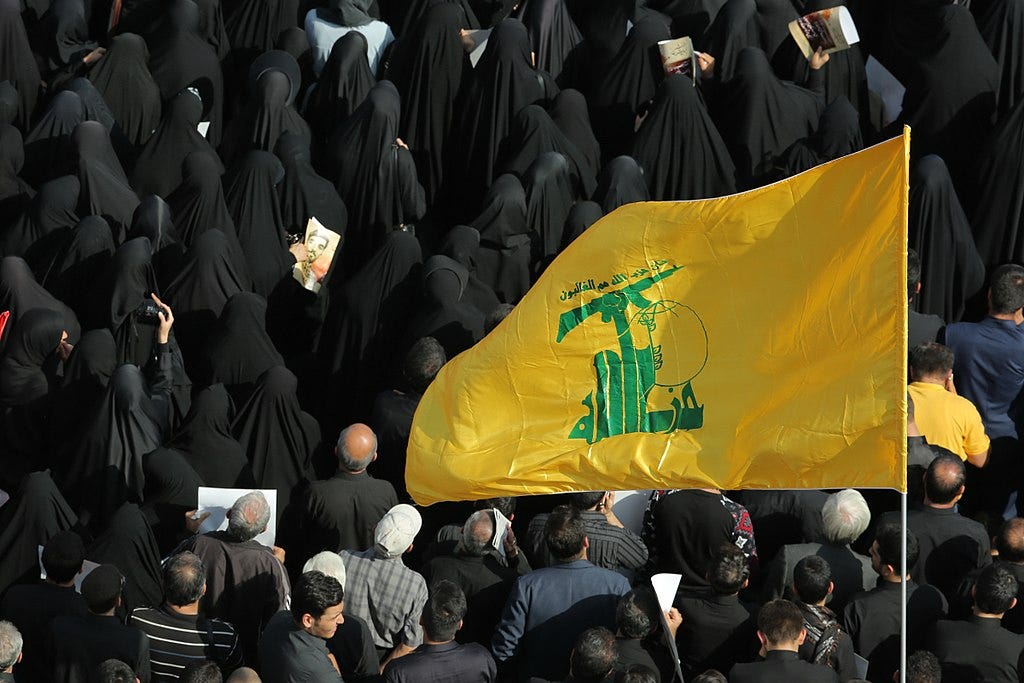Tipping Point Quick Hits (8.10.23)
Tension with China, Israel vs. Hezbollah, and brain-computer trials
Will the China-Philippines Dispute Escalate?
Over the weekend, China’s coastguard sprayed a water cannon at a vessel belonging to the Philippines coastguard. The ship was en route to resupply military personnel in the Spratly Islands, a disputed territory claimed by both China and the Philippines.
The brewing territorial conflict—and China’s aggressive action—have greatly increased tension in the area, especially as China has recently used its military ships in joint drills with Russia and within the South China Sea near Taiwan.
The Philippines, a U.S. ally, has accused the crew of the Chinese ship of illegal conduct and dangerous maneuvers. British publication The Guardian reported on the potential fallout of the action:
The US, EU, France, Japan and Australia were among nations to voice support for the Philippines and concern over China’s actions. Washington also reaffirmed its commitment to obligations under a mutual defence treaty, to defend the Philippines if its public vessels and forces come under armed attack.
Blake Herzinger, a research fellow at the University of Sydney’s United States Studies Centre, said there was “significant escalatory potential” in the Philippine holdings of the South China Sea. “Beijing’s risky behaviour in the region has the potential to draw the two powers into conflict even without intending to do so,” Herzinger said.
China, on the other hand, insists its coastguard acted with professionalism and restraint, and that it had “lawfully stopped” the vessels which it insisted were violating its national sovereignty. (China claims authority over around 90 percent of the South China Sea but the Hague found that claim to have no legal basis in 2016. China has ignored that international ruling.)
The cycle of China pushing against its South China Sea neighbors—while the United States builds ties with those neighbors—could be setting up a potentially more dangerous conflict between China and the United States. Over the weekend, China’s navy conducted joint drills with Russia near the coast of Alaska. The United States deployed four U.S. Navy destroyers to the area, as Alaska senators called for increased military funding to the region.
Meanwhile, yesterday, the Biden administration announced new rules limiting U.S. advancements in China’s technology industries. The move is intended to protect national security during the current moment of tension:
The new rules are expected to place restrictions on investments by US private equity and venture capital firms, as well as joint ventures, in Chinese artificial intelligence, quantum computing and semiconductors. The rules will be subject to a public comment period…
Long in the works, the new restrictions are meant to prevent American knowledge and money from flowing to China and to tighten the amount of cutting-edge technology available to the Chinese military.
The relationship between China and the United States—or broader, between the East and the West—is creating a new Cold War. How long until that war becomes exponentially hotter? Pay attention, because China is fanning the flames of embers that could quickly explode into a world war.
Israel Threatens Retaliation Against Lebanon
Keep reading with a 7-day free trial
Subscribe to Tipping Point Prophecy Update to keep reading this post and get 7 days of free access to the full post archives.




